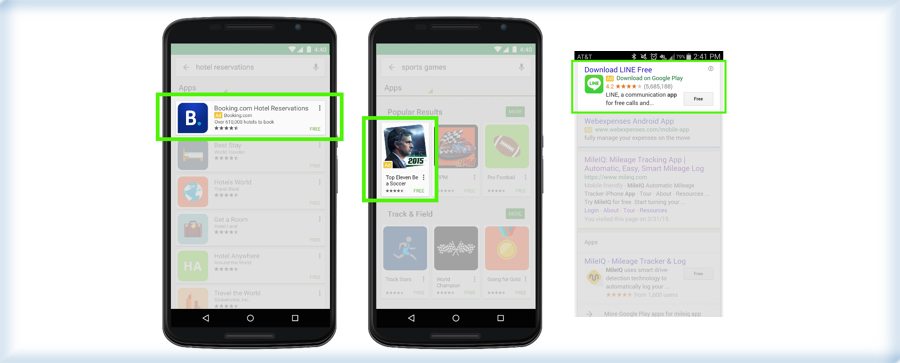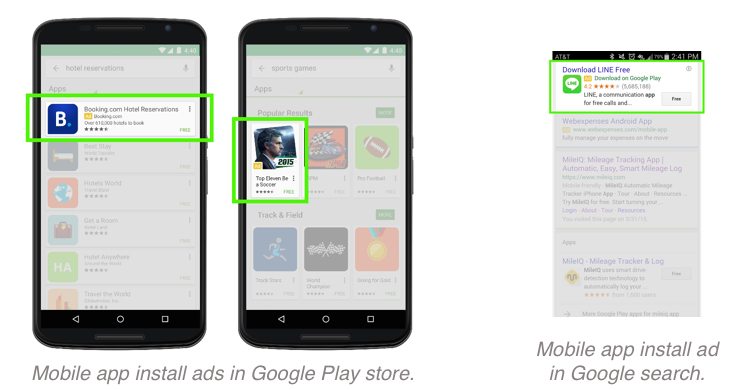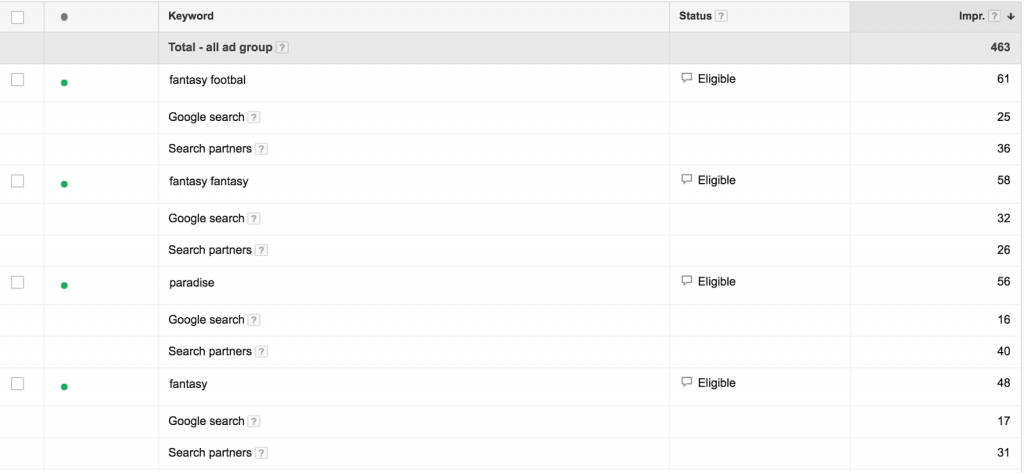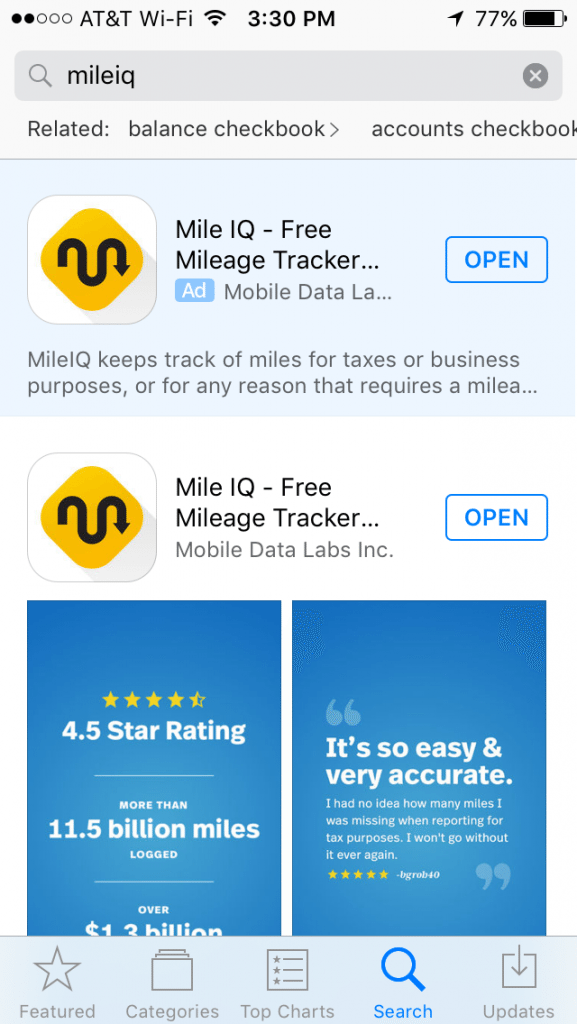
Search Ads: Apple and Google are Better Together
 Guest Blog: Colette Nataf is the CEO and Co-Founder at Lightning AI. Previously, Colette was a User Acquisition Manager at MileIQ. After the company was acquired by Microsoft, she managed the Demand Generation team at Intercom. Colette is now helping marketers scale their businesses through Facebook, Google AdWords, and other channels.
Guest Blog: Colette Nataf is the CEO and Co-Founder at Lightning AI. Previously, Colette was a User Acquisition Manager at MileIQ. After the company was acquired by Microsoft, she managed the Demand Generation team at Intercom. Colette is now helping marketers scale their businesses through Facebook, Google AdWords, and other channels.
I remember the day I found out that Google was going to start putting ads in the Play Store. These would be similar to what we’ve seen in the Google Search engine for years, but now you see the same type of text ads when you’re downloading Android apps.

I was so excited – it would be an entire new way to get mobile app installs. But what was more worthwhile was the data itself:
- How many people are even searching for these keywords?
- What are the long tail keywords?
- How much competition exists by advertisers for these words?
- How much would a certain percentage of the impression shares cost?
As I’ve told my Google rep every week for the past year and a half (sorry, Shan), they messed up. What was the problem? There was no way to separate out data from the searches in the Play store with searches on Google.

Here, I can see how many people searched for “fantasy football” on Google or on other search engines (that’s what search partners means), but not searches from the Play store. That’s right – literally no data about searches in the Play store. As a result, it felt almost useless. Of course we ran the ads, but only because it expanded our inventory (slightly), not our learnings.
Then along came Apple. This was a new opportunity for a company to launch a similar ad product on a new platform. Just like Google, the ad features the icon, name, author and two lines of text.

Unlike Google, Apple gives us a new set of data – impression counts per keyword in the store alone, not in mobile web searches. Now we can learn the potential volume there and which keywords are going to yield the highest revenue, or return on ad spend.

Now, I can see who is searching for what in the mobile store, which could have a completely different search profile than Google mobile web search. This data is invaluable for marketers on both the paid and organic sides.
So, did Apple get it right?
Not quite. There’s still so much imperfection. Apple doesn’t even let you create your own ads! I get it – they’re already spending a ton of time reviewing apps; why would they want to do even more reviewing?
Here’s the thing – paid marketing isn’t just effective because you can serve ads to people who you wouldn’t find normally. It’s useful to teach you insights about your company and your customers.
This means instead of having one publishing platform as a clear winner, you now need to use both. Use Google to test ad headlines and copy and Apple to get search metrics in the actual store. Together, you’ll make a winning marketing plan.